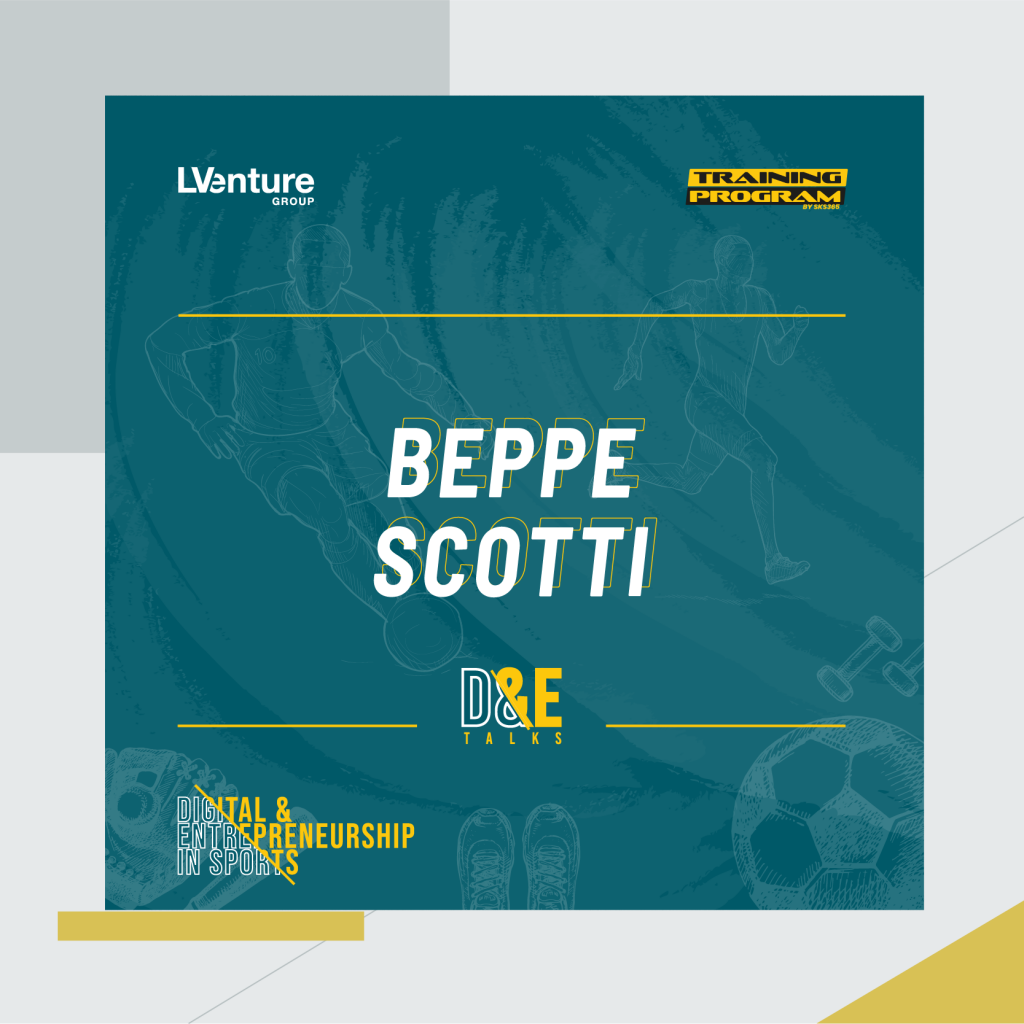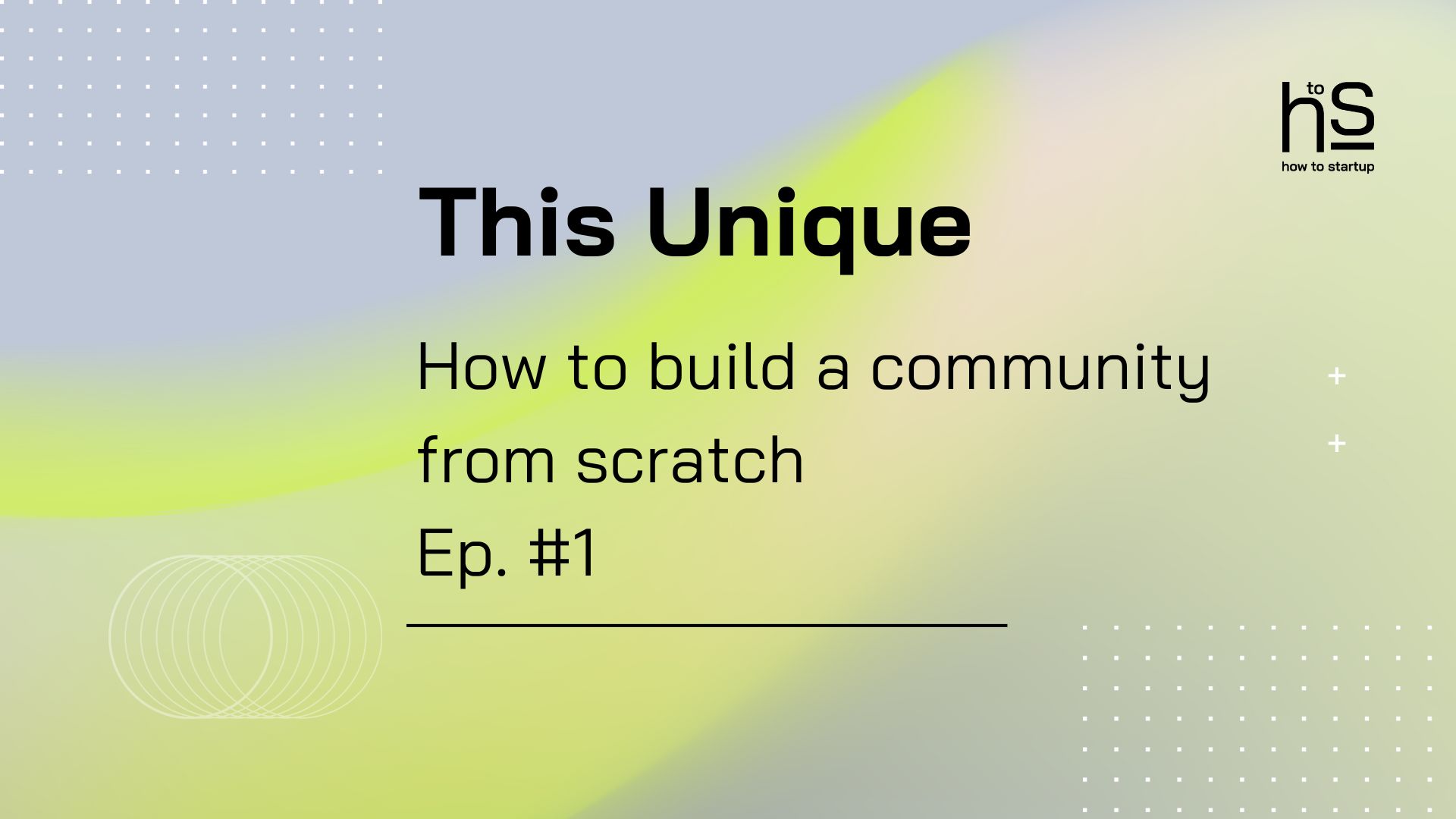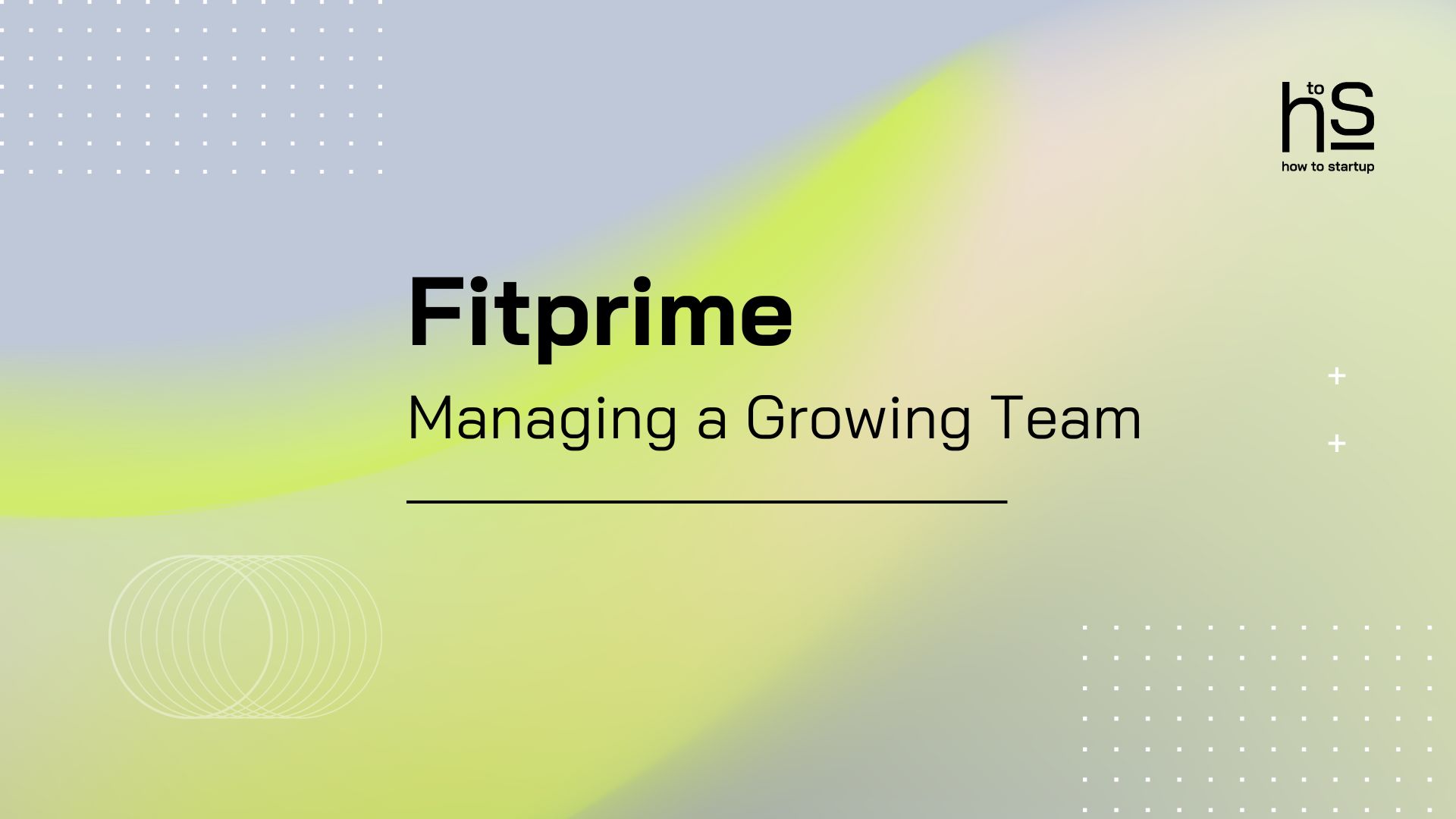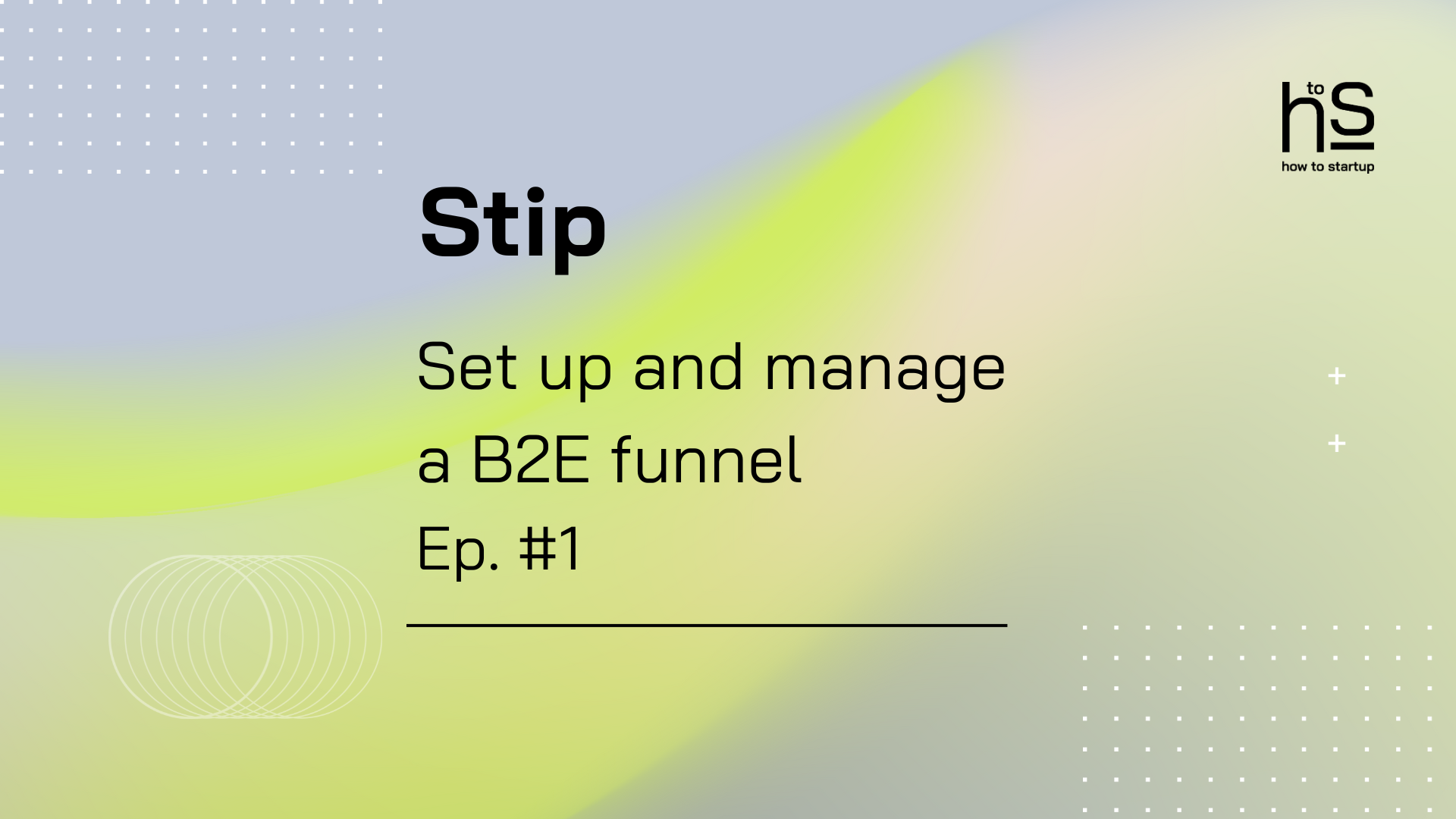From sport, to business, to innovation, talking with Beppe Scotti gives a wealth of experience that you would almost not expect to see him on the virtual desks of Digital & Entrepreneurship in Sport, but the attitude of “forever learning”, pushes him every year to set himself a new goal in sports and personal and professional growth.
The team spirit of rugby, the mental control over fatigue in endurance, the detachment and lucidity needed to successfully tackle an Adventure Race are the skills absorbed from sport that are reflected in everyday life and work and told in his new book The Seeker, my story of growth through sport in the wilderness.
Gruppo Ethos, of which he is Founder and CEO, is a foodservice company that has been active for over 30 years, the first Italian company in the food & beverage sector to apply the lean methodology and in 2019 it reported a turnover of 21 million euros. A path of innovation that also passes through a startup experience and that has never been interrupted, towards the challenges of a future where you can seize the opportunities for change, even in a complicated context such as that caused by the pandemic.
Your sporting experience brings together rugby, one of the team sports par excellence, and endurance,
where individual performance is all-encompassing,
what have these very different sports passed on to you?
Rugby has been a very important part of my sporting life. I started late, around the age of 20, but it immediately entered my veins. Even the fact of advancing by passing the ball backwards is indicative of the sense of teamwork. I played until I was 41 years old, until the last possible day according to the Federation’s rules, and I had a lot of regrets when I had to stop. I was a bit disoriented at the beginning, I trained for a period with my team without playing, but not having the objective of the game was difficult to find the stimuli. My passion for running was born at that time but by chance. I went on vacation to Miami with a former teammate of mine, and every morning we would go running along the seafront, like in the movies. From that day on, I never stopped and started competing, but more importantly I started a journey. Running long distances made me regain control of my body, but mainly it gave me an immediate return in my activity. If in team sports you can always find an excuse, (the referee, the teammate) in running you lay yourself bare, you know very well where you missed in your preparation, where you went wrong in your performance. On a mental level, performance is proportional to your commitment.
“If in team sports you can always find an excuse.
in running you lay yourself bare, you know very well where you have failed in your preparation,
where you went wrong in your performance”
What lessons have sports taught you in your entrepreneurial endeavors?
One of the most important discoveries for me in my sporting experience has been the dynamics of interaction between the mind and the body, understanding those mechanisms and those ways to avoid, for example, the response of your body to give up. In a 100 kilometer race in Tuscania, I went into crisis halfway through the race, a discomfort that required me to stop. I tried to deal with it by applying the famous African saying that an elephant eats one piece at a time – he jokes – I started to give myself an intermediate goal, to do another 10 kilometers, and then another 10, until the last stretch of the race, arriving at the end and running the second half of the race faster than the first. It happens in sports, but it also happens in life. When you have an ambitious goal, you have to break it down, reach the closest step, and then move on – it’s the same approach I take in business.
“When you have an ambitious goal you have to break it down,
reach the closest step and then move forward:
That’s the same approach I take in the company”
You have participated in several stages of the Adventure World Series.
What has this discipline given back to you?
From long distance running, the move to Adventure Races forced me into “multi-sport” training, biking, canoeing, climbing, then developing other skills. And a return to the team, albeit a small team of four people, men and women. The dynamics within the team, how to manage a crisis situation in non-stop competitions, in complete self-sufficiency, where you start together and arrive together, in wild places of the world, require a management of the group, with activities that go far beyond team building! From the endurance but especially from the Adventure Race, I learned to analyze things with detachment, to keep an emotional curve that allows to act with lucidity. You’re hours alone, you pull all your skeletons out of the closet, you accept your good parts and your bad parts, and this attitude leads me in the company to have a different vision. You manage stress and especially complex situations, such as the pandemic and its consequences, by separating my responsibility towards the company and towards my employees from the blame for a negative picture that is not my fault.
“Since the Adventure Race,
I learned to analyze things with detachment,
to keep an emotional curve
that allows you to act with clarity”
Do you think it’s also been important in terms of sustainability, in business, at work, and in everyday life?
Sustainability has been in the veins of Gruppo Ethos for many years, regardless of the Adventure Races. We started out as restaurateurs together with my brother and over the years we have become producers, delving into all aspects of raw material processing. Today we have two craft breweries, a roasting company and we produce the products for our restaurants. Since the early 2000s we have embraced the approach of organic and proper nutrition, created a project with Legambiente Turismo on sustainability and we continue on this path, throughout the production chain of our company.
You founded and lead an Entrepreneurial Group, what do you think should guide an entrepreneur to success in today’s world?
Is there any particular advice you would give to a young entrepreneur?
If I had to give one piece of advice to an entrepreneur, I’d say to know the downstream processes inside out. I know how my whole company works, from those who manage the parking lots to those who work in the kitchen, because they are paths I’ve been on for a few days, you can’t just stay behind the desk. Being humble and being hungry for knowledge, with curiosity and open-mindedness is then the fundamental thing. Former U.S. President Wilson used to say, “if I can borrow even for one minute the brains of the people gathered at this table, I have an enormous competitive advantage,” this must be the philosophy, and not surround yourself with “yes men”.
“If I had to give one piece of advice to an entrepreneur.
I’d say to have a thorough understanding of downstream processes”
Your company is active in one of the sectors most affected by this pandemic,
how has its management changed during this period?
Crises can become opportunities, any situation, even the most negative, allows you to reprogram and change for the better. With respect to the serious health situation, to those who are suffering, I think that this crisis can really be an opportunity for great change for the country. At the business level, it depends a lot on the business model, but in general you always have to be open and attentive to what is happening, because change today is very fast. You have to be predisposed to look outward, to go beyond what you’ve always done at the corporate level. To be resilient but not only to resist, showing proactivity, deepening, confronting with everyone and welcoming suggestions, first of all from employees, listening with humility.
“Crises can become opportunities,
any situation,
even the most negative,
allows you to reprogram and change for the better”
New technologies and digital are increasingly central to our daily lives and will be increasingly so for the restart.
What is your and Ethos Group’s relationship with technology?
As Ethos Group, we have always followed a policy of innovation, so we have immediately digitized the company, with a platform engineered by us through which each room acts internally for any request, from maintenance, to customers, to suppliers, to the various offices and stores. This platform is also used at the administrative and bureaucratic level, recording all checklists, all authorizations, all protocols. Any person in the Group can find everything on the platform, from documentation to processes, food cost, labor cost and Kpi’s of each venue. On an operational level, we created a platform called “Easy Order”. Each venue can order via tablet only what is indicated, without the possibility of error as it is set according to average consumption levels or agreements with suppliers. All communication channels go through the platform, which we then also use for training. A newly hired employee has to go through a digital training course that he finds inside, from product skills to behavioral skills, to soft skills, with continuous updates. In addition, we use a front-end management system and an app that allows the customer to order via smartphone, things that are also commonplace nowadays. The big job has been to bring the entire back-office into digital. Progress, digitization today is like flowing water, you can’t stop it, it goes everywhere, you can only adapt as best you can to the change of path, without barricading yourself to stop it. When we applied lean in 2009 there were two reactions internally: some people changed and are now division managers, and some people changed companies.
“Digitization today is like flowing water,
you can’t stop its flow,
it gets in everywhere,
you can only adapt as best as you can to the changing path,
without barricading yourself to stop it”
Why did you choose to attend Digital & Entrepreneurship in Sports and what are your expectations?
It’s part of my approach to learn about new things, to enter worlds I don’t know in depth. When I started as a farmer, I did two master’s degrees, one on agricultural business management and one on wine business management. Every year, always thinking lean, I set myself goals for improvement, both sporting and personal and professional. Participating in the program is very interesting, also because several years ago I did startups, so the subject of the course, which puts together sport and startups, struck me immediately. In ’99 we had set up a company in the food sector, it was called delizie.it, for the online sale of specialized products. It was an experience that combined my know-how as a restaurateur and that of other partners who had wholesaler activities and, on the wave of Dot-com, we launched this activity a bit in the desert, where there was no supply chain for packaging or logistics. We then closed the company in 2003, but this seed was already there. However, this experience has served me well, because if you are the first, you can trace the path, but if there is a desert around you, you have to ask yourself some questions, sometimes you are too far ahead. This attitude to bring innovation is what made me choose to participate in the program, along with the link with sport: bringing the experience of sports in the company is something that I personally have done. The course is allowing me to delve into themes that I knew but that, analyzed in a context of innovation, are giving me new interesting ideas.
“Every year, always thinking lean,
I set myself goals for improvement,
both athletic and personal and professional”

















